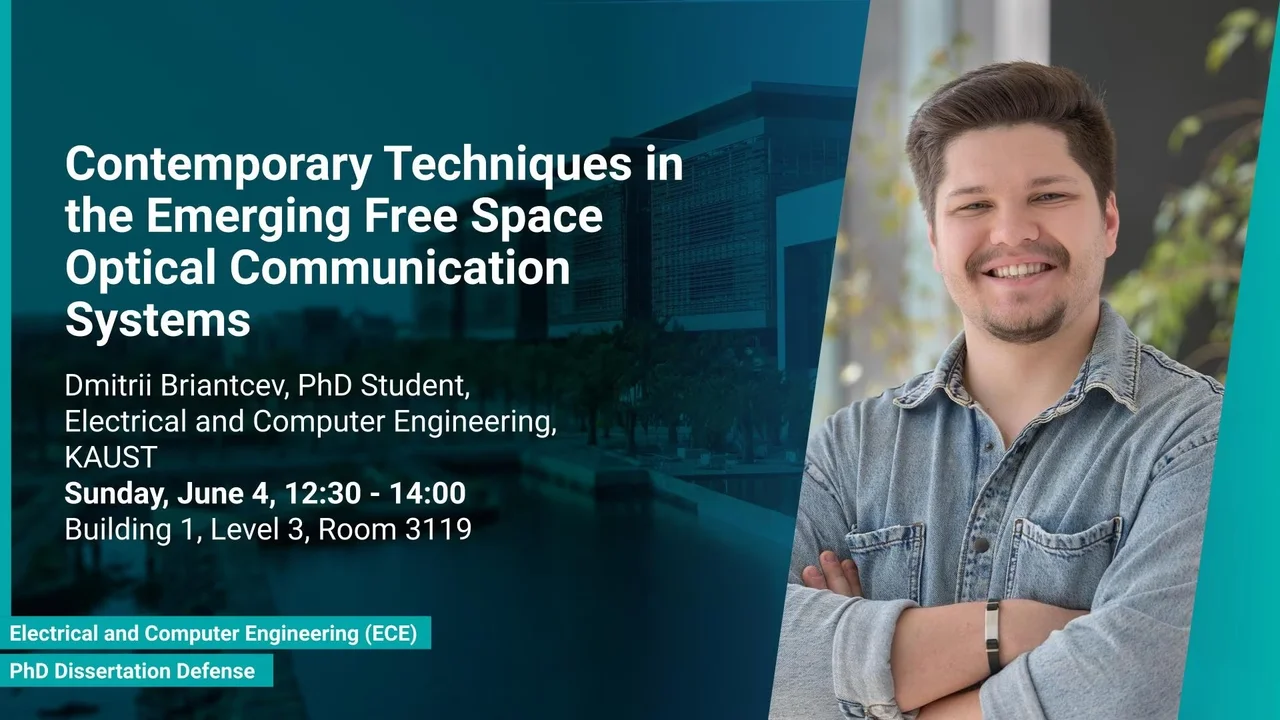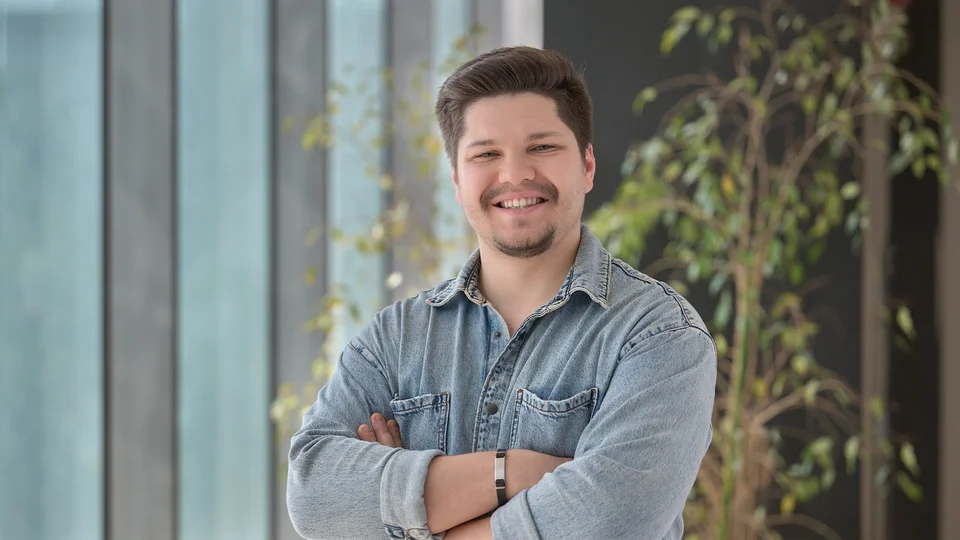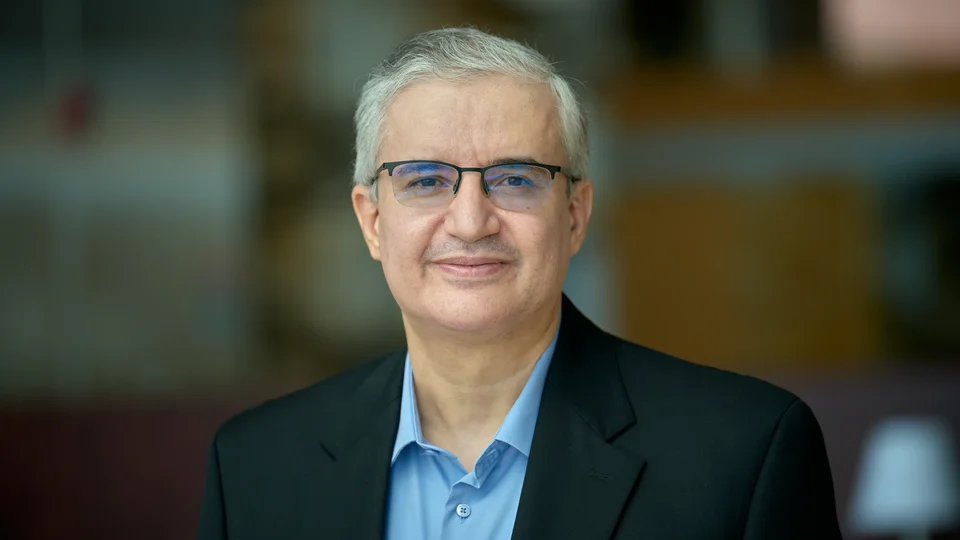
Contemporary Techniques in the Emerging Free Space Optical Communication Systems
B1 L3 R3119
The goal of this work is to investigate and advance a research on various topics, vital for the development of the future generations of optical communication technology. In the first part of the work, we present a fast and efficient simulation method of structured light free space optics (FSO) channel effects from propagation through the turbulent atmosphere.
Overview
Abstract
The goal of this work is to investigate and advance a research on various topics, vital for the development of the future generations of optical communication technology. In the first part of the work, we present a fast and efficient simulation method of structured light free space optics (FSO) channel effects from propagation through the turbulent atmosphere. Information content encoded on the information-bearing beams relevant to the propagation in the context of the direct detection can be expressed in the form of the decomposition matrix at the receiver. To construct these matrices outside of the experiment, a complete physical simulation of some sort needs to occur. Due to the model assumptions, current beam generation techniques based on the phase-screen approximation method can be very slow and are fundamentally limited in their predictive power. We propose to circumvent that with a data-driven approach for decomposition matrix simulation with a Conditional Generative Adversarial Network (CGAN) synthetic simulator.
In the second part, we focus on predicting the beam wander of the beam subject to turbulence at the receiver. We present an Recurrent Neural Network - based simulator, designed to predict the future beam wander position based on the previous measurements. The RNN architecture and training method are described. The proposed approach is demonstrated using under-sampled Gaussian beam experimental data as the worst case and over-sampled simulated data for both Gaussian beams and structured light beams as the best case.
In the final part of this work, we discuss the Kramers - Kronig receiver, recently proposed promising pseudo-coherent communication scheme. We detail the operating procedure and developed simulation of this scheme, and provide both experimental and simulation results. In experiment, we present a case of proof-of-concept joint sensing and communication over an optical fiber. In simulation, we present a BER analysis of a KK NN decoder in presence of log-normal turbulence and AWGN.
Brief Biography
Dmitrii obtained his bachelor degree in Radiophysics from Saint Petersburg State University (SPbSU) in 2018. He participated in KAUSTs “Photonics summer camp” program before becoming an MS/Ph.D. student in the Communication Theory Lab (CTL) under the supervision of Professor Mohamed-Slim Alouini in 2018. He obtained his M.Sc. with the thesis entitled “Crosstalk Cancellation in Structured Light Free Space Optical Communications”

